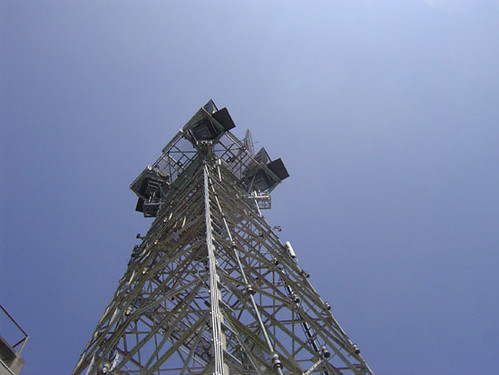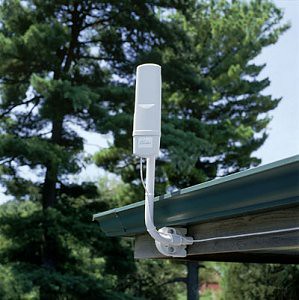Wireless Broadband: Sirius Interference

Out on the open interstate, you seldom have trouble receiving satellite radio from Sirius XM. As these roads pass through crowded urban, where your line-of-site with an orbiting spacecraft may impede reception, the company relies on repeaters, usually mounted alongside cell towers, to complete the reception. 18 million or so satellite radio customers are happy when this happens.
Today, the Wall Street Journal reports on a potential crisis for satellite radio:
A Federal Communications Commission plan to expand wireless Internet access is raising the ire of Sirius XM Radio Inc. and its fans, who are concerned the effort to end a 13-year fight may interfere with satellite-radio programming.
The FCC is proposing to make it easier for the winners of a 1997 airwaves auction to use those airwaves for mobile wireless Internet and phone use. Until now, a dispute about power levels and potential interference has meant the companies were limited in how they could use the airwaves they own.
The FCC is scheduled to vote on the proposal in May as part of a broader effort to devote more airwaves for wireless Internet services. A FCC spokeswoman declined to comment on the specifics of the proposal.
Sirius XM lawyers are fighting the plan, arguing in an April 23 filing that allowing wireless providers to use those airwaves for wireless broadband will "fail to protect satellite radio’s nearly 19 million subscribers and 35 million listeners from harmful interference."
Here’s an excerpt from a Supplement Comments filing (WT Docket No. 07-293; IB Docket No. 95-91; GEN Docket No. 90-357; RM No. 8610):
Sirius XM has commissioned Dr. Theodore S. Rappaport, P.E., of the Telisite Corporation, who is the William and Bettye Nowlin Chair in Engineering at the University of Texas at Austin and the founding director of the Wireless Networking and Communications Group (WNCG) at the University’s Austin campus, to assess the probabilities of interference to satellite radio service caused by WCS devices operating under the proposed rules that are contained in the Staff Public Notice. This analysis is contained in the attached report entitled “Technical Analysis of the Impact of Adjacent Service Interference to the Sirius XM Satellite Digital Audio Radio Services (SDARS)” and provides some of the clearest evidence yet that the staff’s proposed Part 27 rules would result in crippling interference to satellite radio operations in an unacceptable number of cases. Although retained by Sirius XM to conduct this study, Dr. Rappaport has undertaken this project under the express written conditions that the opinions provided in this study are his own.

We’re all for more wireless broadband service, but not at the expense of the quality of satellite radio. The FCC, in its wisdom, will likely favor existing licensees and make sure they’re protected.
Let’s see if the topic comes up in tomorrow’s earnings call.
